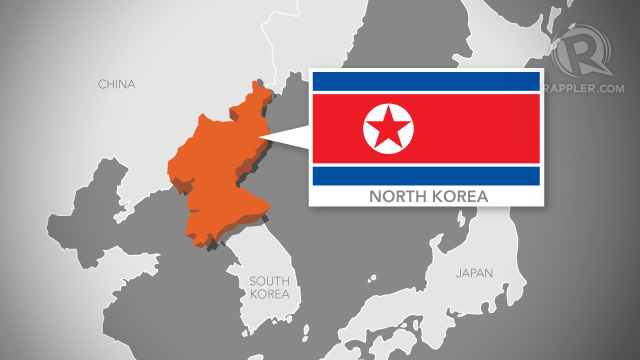SUMMARY
This is AI generated summarization, which may have errors. For context, always refer to the full article.

SEOUL, South Korea – Recent satellite images suggest the nuclear reactor seen as North Korea’s main source of weapons-grade plutonium is still not operating at full capacity, a US think tank said Thursday, January 14.
North Korea mothballed the Yongbyon reactor in 2007 under an aid-for-disarmament accord, but began renovating it after its third nuclear test in 2013.
When fully operational, the reactor is capable of producing around six kilos (13 pounds) of plutonium a year – enough for one nuclear bomb, experts say.
Analyzing satellite imagery from late 2014 to the end of 2015, the Washington-based Institute for Science and International Security (ISIS) concluded the reactor has been operating intermittently or at low power throughout the period.
Using tell-tale operational markers, including steam emissions and hot water discharges, the ISIS experts discerned a pattern of limited operations for a few weeks, followed by an apparent shutdown.
“The reasons for this type of operation are unknown,” the institute said.
Its findings contradict a North Korean statement in September last year that all facilities at the Yongbyon nuclear complex were working normally.
The ISIS experts did detect signs that a gas centrifuge plant for enriching uranium was operational, given snow melt on the roofs of the plant’s main buildings.
Activity at Yongbyon is closely monitored for any sign of reprocessing activity.
At some point North Korea is expected to shut down the reactor, discharge the spent fuel, and chemically process it in a nearby radiochemical laboratory to extract weapons-grade plutonium.
North Korea has carried out four nuclear tests since 2006, the most recent being last week when it announced it had detonated its first hydrogen bomb.
Experts have disputed the H-bomb claim, saying the yield from the test was far too low for a full-fledged thermonuclear device. – Rappler.com
Add a comment
How does this make you feel?
There are no comments yet. Add your comment to start the conversation.